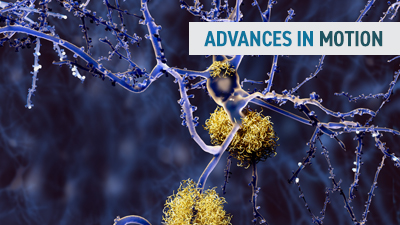
Mass General Hospital Researcher Gary Ruvkun Honored with 2024 Nobel Prize
Massachusetts General Hospital and Harvard Medical School investigator Gary Ruvkun, PhD, has been named a recipient of the 2024 Nobel Prize in Physiology or Medicine for his role in the discovery of microRNA and its role in post-transcriptional gene regulation.
Read the full press release



